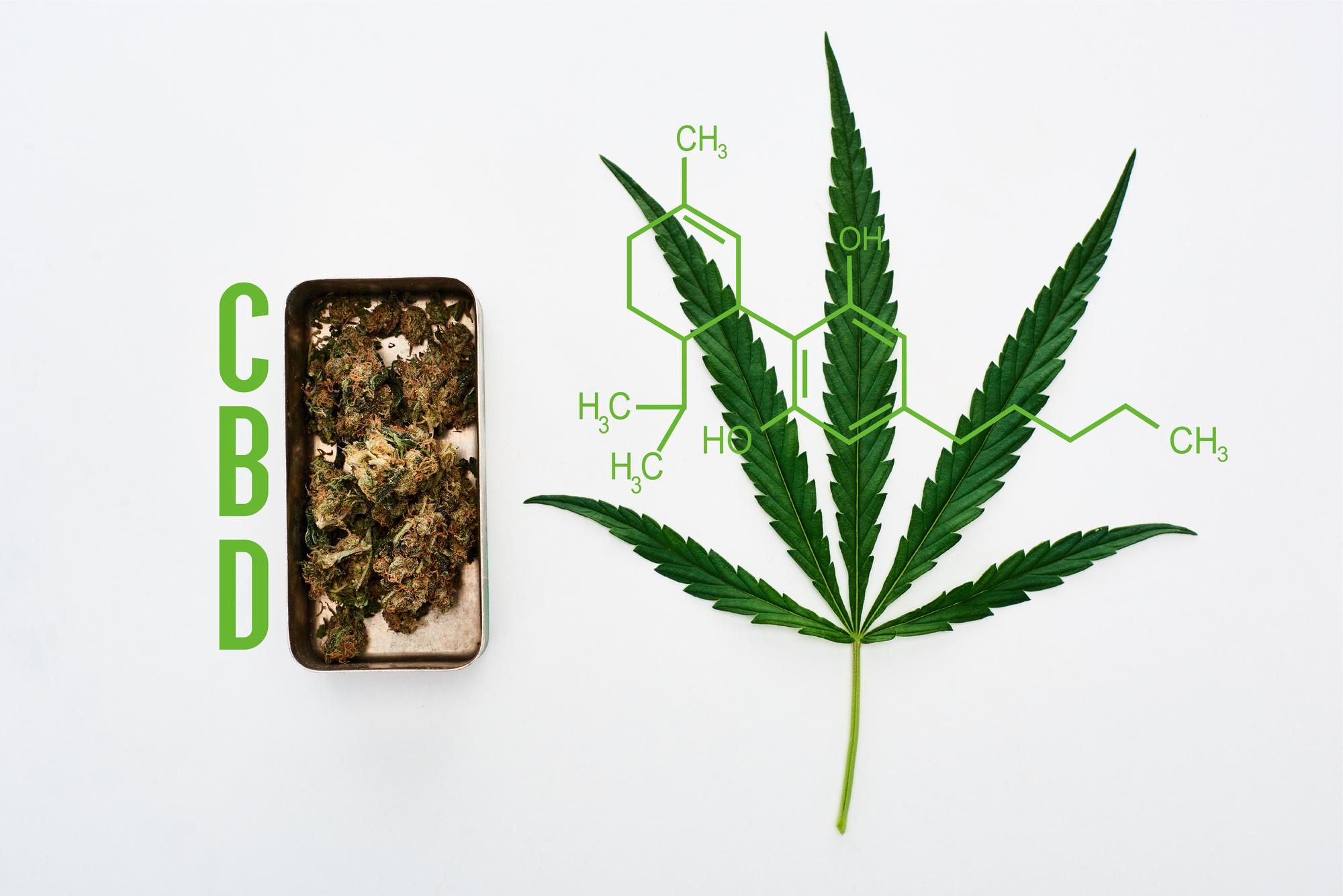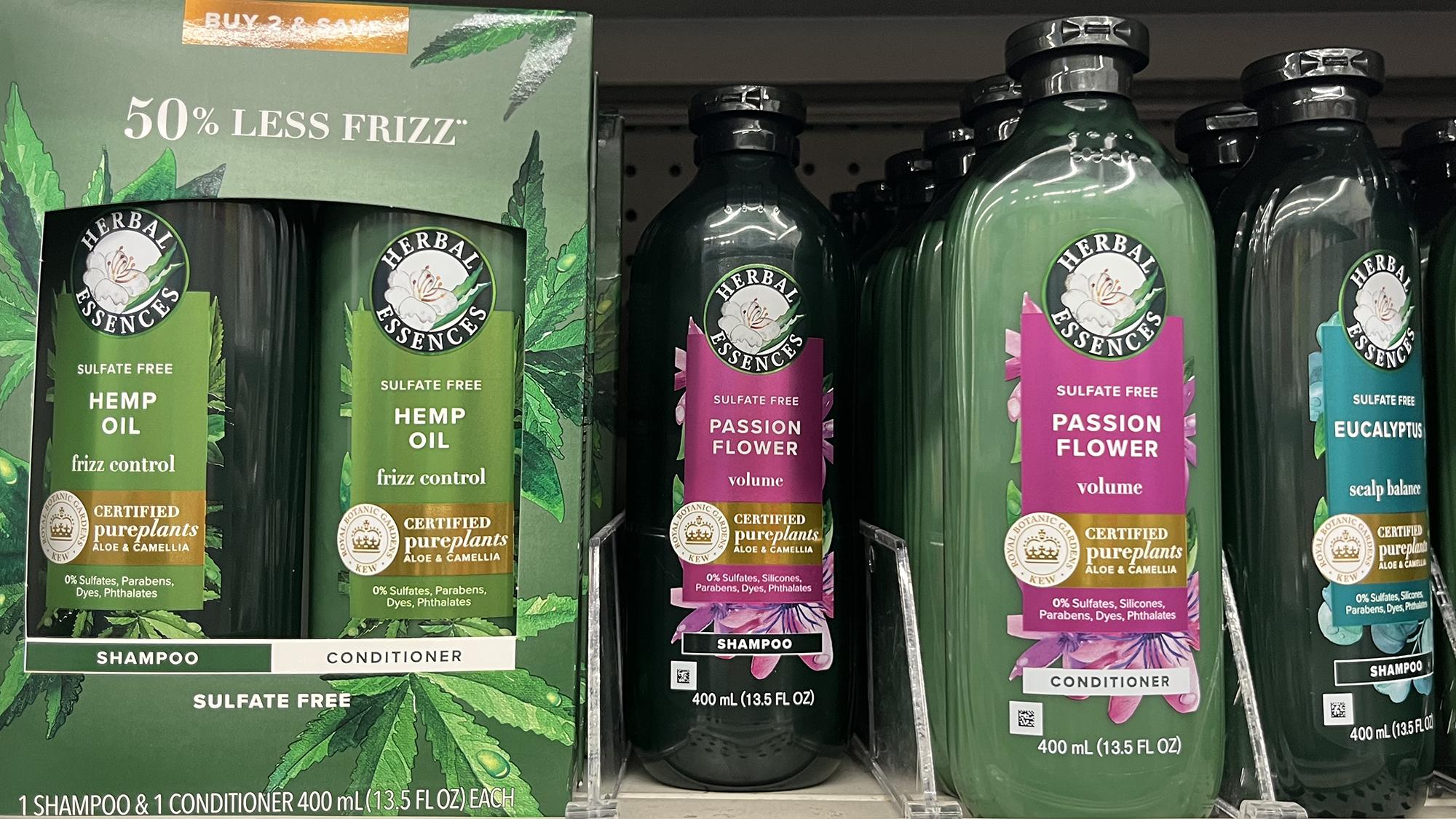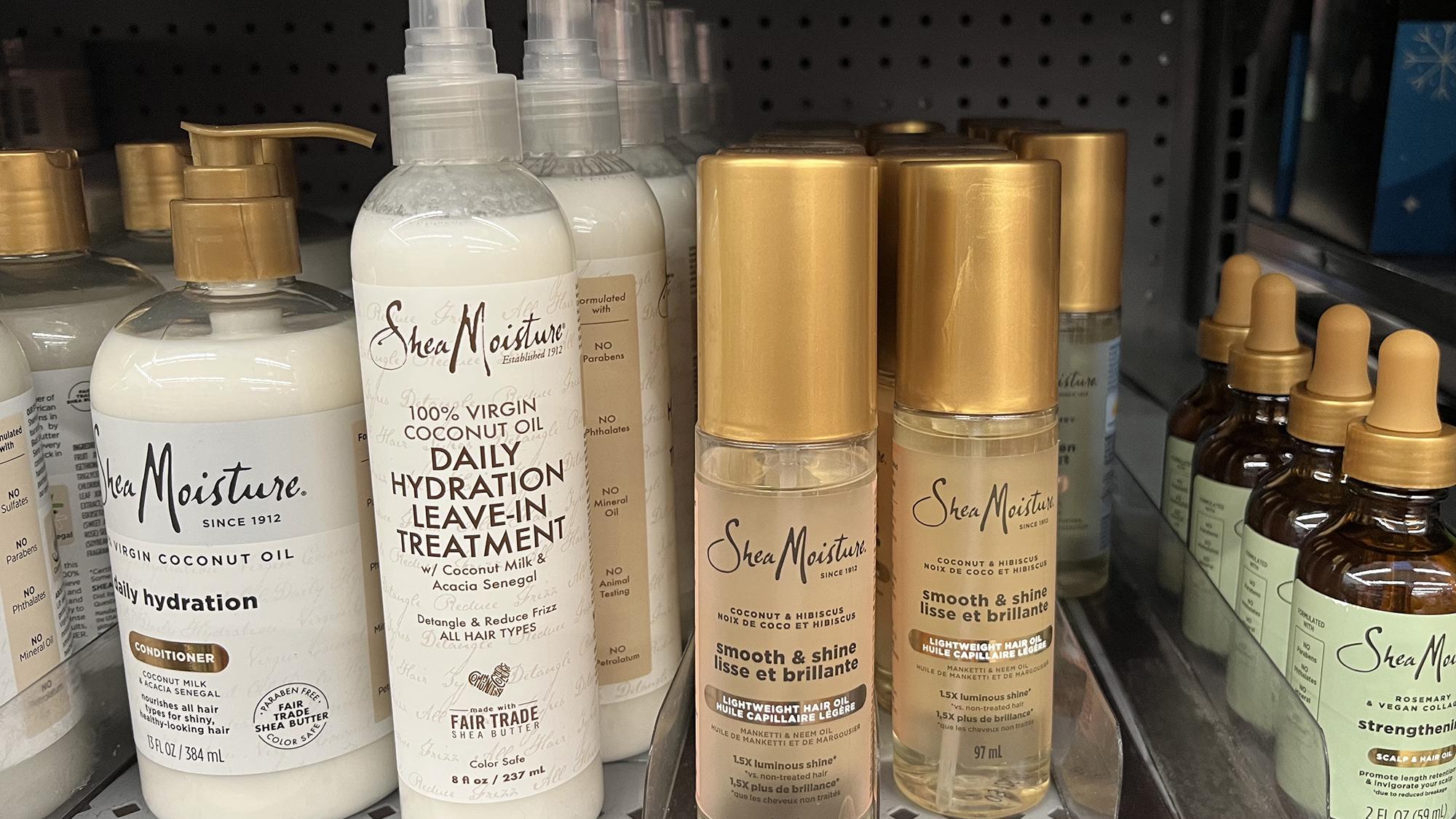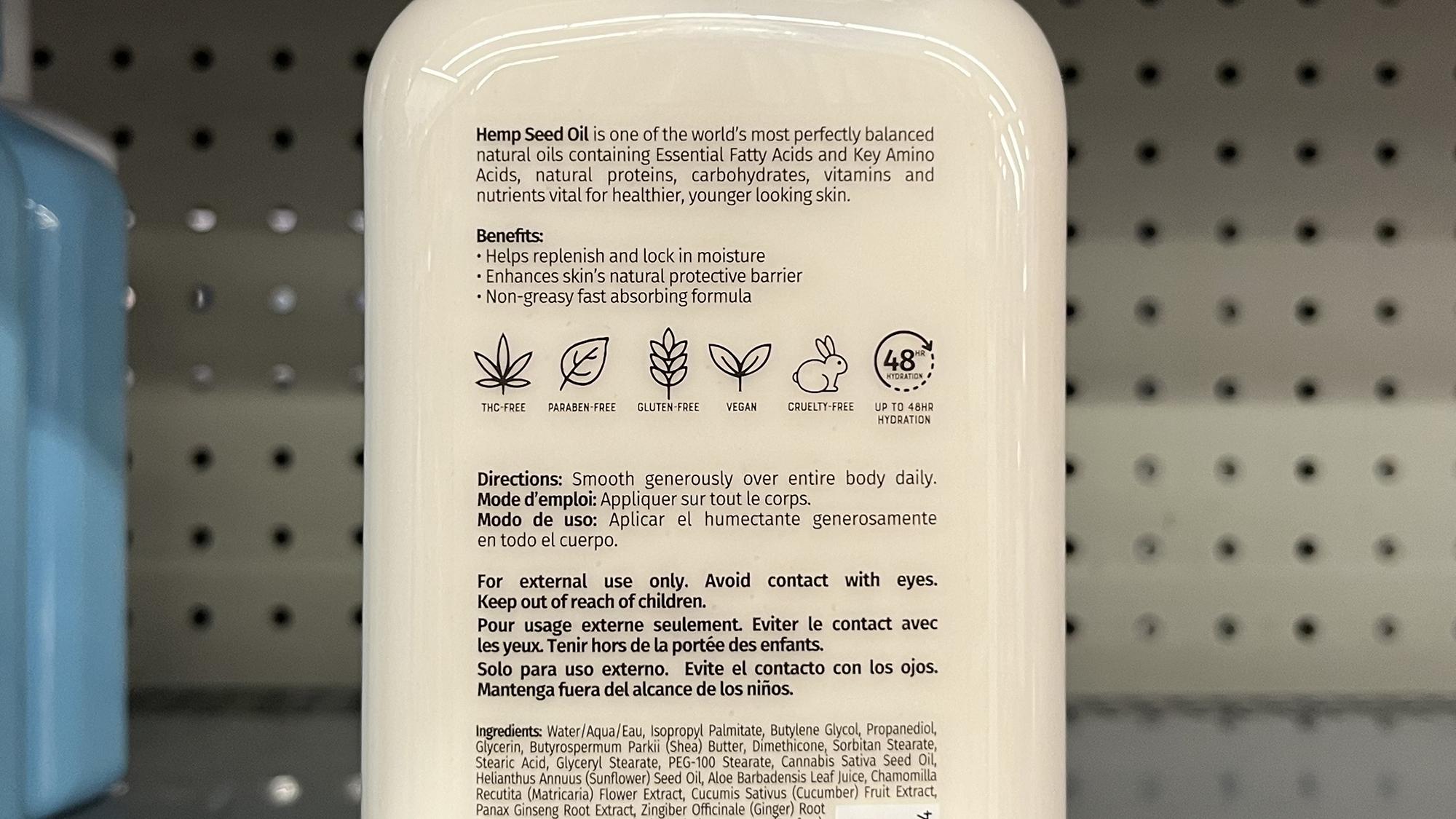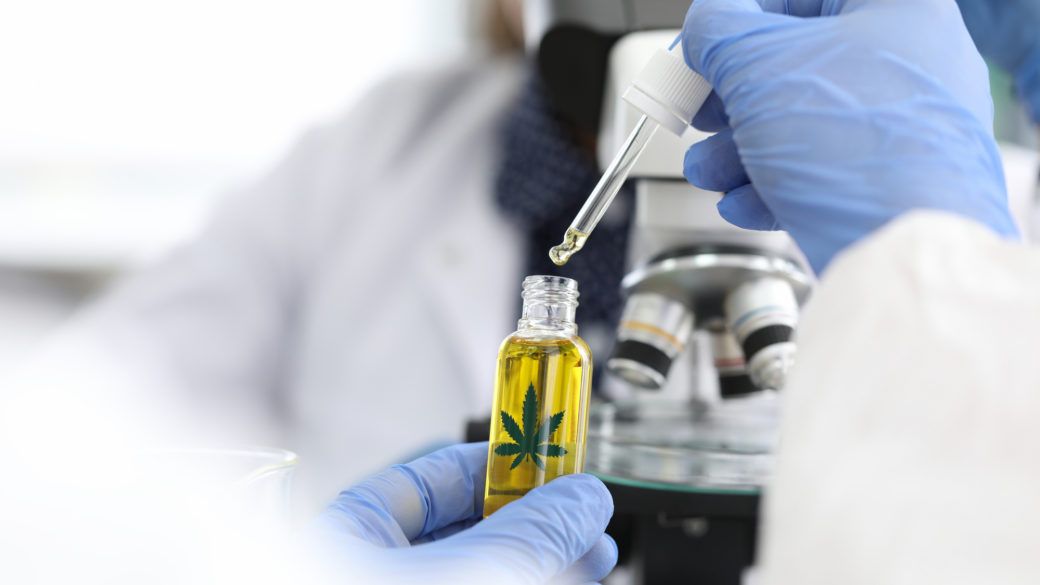Dermatologists largely agree that hemp seed oil (Cannabis sativa seed oil) functions primarily as a natural emollient rich in essential fatty acids. Its profile is dominated by linoleic (omega-6) and alpha-linolenic (omega-3) acids, which help maintain the skin’s moisture barrier and soften dry or irritated areas. Many professionals regard it as a useful addition to skincare regimens, particularly for individuals with dryness, eczema, or sensitive skin.
While large-scale clinical research is still emerging, small studies and professional reviews show that the oil’s polyunsaturated fatty acids (PUFAs) contribute to improved hydration and reduced irritation. Evidence also suggests that incorporating hemp seed oil into skincare formulations may help strengthen the skin’s lipid layer, leading to smoother texture and improved elasticity. These benefits make it increasingly popular in moisturizers, massage oils, and spa treatments designed for barrier repair.
Topical applications of plant-based oils rich in PUFAs have shown anti-inflammatory and healing potential when properly formulated. For that reason, estheticians often include hemp seed oil as part of facials or recovery treatments, focusing on its calming and protective effects rather than expecting it to resolve specific skin conditions.
Dermatologists, however, emphasize the importance of distinguishing hemp seed oil from CBD oil. Hemp seed oil contains little to no cannabinoids—it’s extracted solely from the seeds, not the flowers—so its benefits are tied to fatty acids and vitamins rather than anti-inflammatory cannabinoids. Mislabeling or marketing confusion often leads consumers to believe the two are interchangeable, which experts clarify is not the case.
In treating acne or eczema, dermatologists still rely on well-established ingredients such as retinoids, ceramides, and corticosteroids. Hemp seed oil, while non-comedogenic and rich in nourishing lipids, is generally used as a complementary product to support barrier repair and reduce irritation caused by stronger actives. When used appropriately, it can help balance sebum levels and prevent dryness, especially for people using exfoliating or prescription treatments.
Formulation plays a critical role in the oil’s effectiveness. Experts recommend fragrance-free, cold-pressed oils packaged in opaque containers to protect against oxidation. When included in well-balanced moisturizers, hemp seed oil performs best when applied to slightly damp skin and layered with other barrier-supportive ingredients such as ceramides or hyaluronic acid.
In summary, dermatologists and beauty professionals view hemp seed oil as a versatile, well-tolerated emollient that supports hydration and soothes inflammation. While more clinical trials are needed to confirm its long-term effects, current evidence and expert consensus suggest it holds a valuable place in skincare routines — not as a miracle cure, but as a dependable, natural ally for healthier skin.

